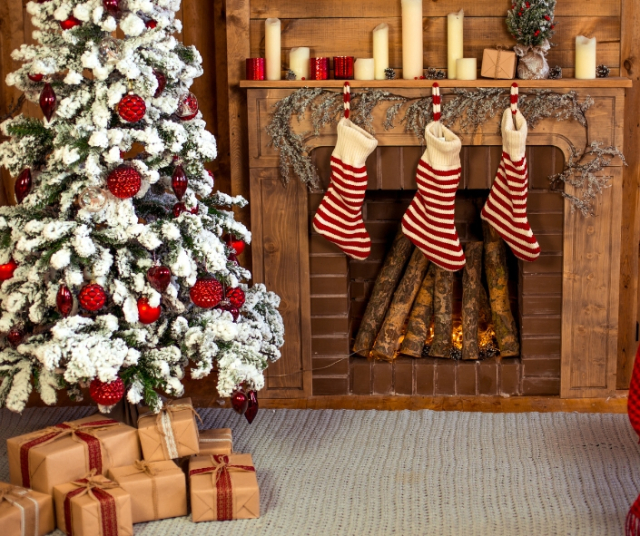Christmas is one of the most anticipated and celebrated festivities in Spain. From the beginning of December until Three Kings Day in January, the country is filled with lights, decorations, and festive activities that reflect the rich culture and traditions rooted in Spanish society.
The Beginning of Christmas in Spain
In Spain, Christmas officially begins on December 8 with the celebration of the Day of the Immaculate Conception. This day marks the beginning of the Christmas season and it is common to see the first festive decorations and lights on the streets. The cities and towns are filled with a Christmas atmosphere, with open-air markets, music and activities to welcome the festive season with enthusiasm.
Christmas Decorations in Spain
One of the distinctive characteristics of Christmas in Spain are the spectacular decorations that illuminate the streets and squares of the cities. The Christmas lights, known as " Christmas lighting ", are quite the spectacle that attracts locals and tourists alike. Major cities, such as Madrid, Barcelona, Seville, and Valencia , compete to offer the most impressive and creative decorations. Hanging decorations, luminous figures and giant Christmas trees fill the squares and avenues, creating a magical and festive atmosphere.
The Christmas Markets: Spaces of Tradition and Charm
Christmas markets, known as " Christmas Markets " or "Advent Markets", are another tradition rooted in the Christmas celebration in Spain. These markets are places where handicraft products, gifts, decorations and typical foods of the season are sold. The markets offer an opportunity to buy unique gifts and immerse yourself in the tradition and charm of Spanish Christmas. One of the most famous markets is the Mercado de la Plaza Mayor in Madrid, where stalls mix with entertainment and live performances.
Christmas Eve: Family Dinner and Midnight Mass
Christmas Eve, December 24, is one of the most special and long-awaited nights in Spain. Families come together for a festive dinner that usually consists of traditional dishes such as stuffed turkey, roast lamb, shellfish and nougat. After dinner, many attend the Misa del Gallo , a religious tradition commemorating the birth of Jesus. The mass is celebrated at midnight and is a moment of reflection and spirituality for the faithful.
Christmas Day: Celebration and Gifts
Christmas Day, December 25, is a day of celebration and gift-giving in Spain. Families exchange gifts in the morning, and it is common for children to receive their gifts from the Three Wise Men. In addition, many cities offer festive activities and events to celebrate Christmas Day, such as concerts, theater shows, and nativity scenes (nativity scenes).
New Year's Eve: The Lucky Grapes and the Chimes
New Year's Eve, December 31, is another important date in the celebration of Christmas in Spain. The most famous tradition of this night is to eat the "lucky grapes" during the twelve strokes of midnight. This tradition is believed to bring good luck for the new year. It is also common for people to wear red underwear, as it is considered to attract love and passion. After the celebrations at home, many people take to the streets to celebrate with fireworks and parties in squares and venues.
Three Kings Day and the Three Kings Parade
Three Kings Day, on January 6, is the most anticipated date for children in Spain. The arrival of the Three Kings is celebrated, who bring gifts for the little ones. The Three Kings Parade is one of the most exciting and colorful events of the Christmas season, where the Three Wise Men parade through the streets mounted on floats, throwing candies and gifts to the eagerly awaiting children. This parade is a deeply rooted tradition throughout Spain and attracts thousands of spectators every year.
The End of Christmas: The Candelaria Festival
The Fiesta de la Candelaria , on February 2, marks the official end of Christmas in Spain . It is a religious holiday that celebrates the presentation of Jesus in the temple and the purification of the Virgin Mary. In some regions, such as Andalusia, this festivity is celebrated with religious processions and festive activities.
It could be said that Christmas in Spain is a celebration that combines religiousness with the enjoyment of life and the joy of being together, and it is an experience that leaves unforgettable memories in the hearts of those who experience it. Get ready to immerse yourself in the magic and tradition of Christmas in Spain and experience moments of happiness and joy with your loved ones!
